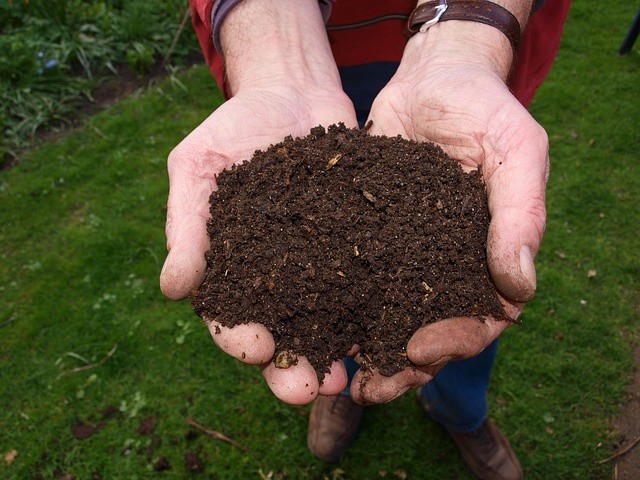
One funeral home in the U.S. has a new business; it turns human bodies into compost. This is a novel way to have an alternative to burial or even cremation, as its founder states.
Compared to traditional methods of burial, this is considered an eco-friendly solution. Another is an alternative to sprawling cemeteries as well.
Death does not end six feet under
According to Katrina Spade, who has been developing it for almost ten years. One way to consider burial for the dead. Instead of six-feet under, bodies are composted to reuse that has more to offer, reported Vice.
Graduating as an architecture student in 2011, she thought of what happens to bodies after death; and what would happen to her corpse in particular. Going through all the options she has available did not answer her questions.
Later decided after much research, this was her answer: "natural organic reduction" or composting.
In December, her company was off the ground after several years of research, if the proposed breakdown of human flesh can be done. Soon after, all the raising of funds and legislative lobbying started it all. It is called "Recompose," and it has begun composting its customers.
For many, this can be an unusual afterlife choice, to reduce to dirt and fertilize naturally. It could be a tree huggers preferable option as well.
How many bodies can be composted?
The operations of recomposing and turning human bodies to compost and its main facility lies in Seattle's outskirts. It can compost ten customers, according to the company. Plans for more capacity were drawn up, but the pandemic put plans to a grinding halt for now.
Another is how the staff and its founder can work around the adverse conditions of the U.S. pandemic. It gives impetus for the company to push forward to survive the business climate.
Anna Swanson, the customer, and communications manager for Recompose, gave out a company statement. Stating that their alternative after death, "Ecological deathcare," is more crucial than ever now. They feel it should be offered for those willing to have this option for themselves or loved ones.
How composting is done
Recompose is to break down the corpse in a steel vessel where the body is placed in a white hexagonal steel tube. The containers are placed in a warehouse in Kent, Washington.
It starts by inserting the body to compost inside the steel vessel. Added are wood chips, straw, and alfalfa needed to have the right heat, hydration, carbon, nitrogen, and oxygen to decompose the corpse inside.
For thirty days, naturally, introduce microbes will consume the flesh of the corpse. But, a dough hook-like tool will break the decomposing flesh inside. What is left is soil that is one cubic yard worth left and dried for two weeks. The soil from the body is given to the family or donated.
According to Recompose, many customers' process is that it is environment friendly, and composted bodies save on carbon dioxide emissions.
Cremation is a wasteful process and burns reusable organic matter to a crisp. Philip Olson, a technology ethicist, thinks it is a better option.
Recompost turns human bodies to compost using human bodies for beneficial purposes, as Katrina puts it.









